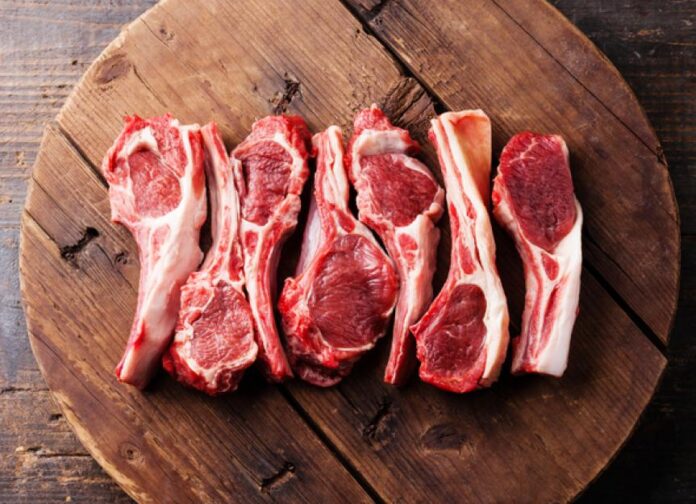The Benefits of Lamb as a Protein Source for Dogs
Understanding the nutritional needs of our canine companions is essential for their overall health. Protein plays a crucial role in building, healing, and maintaining the body tissues of dogs, while also aiding in the regulation of various bodily processes. Among the variety of protein options available, lamb has emerged as a favored ingredient in many pet food formulations.
Lamb: A Nutrient-Rich Protein Option
Lamb is not only a delicious choice for dogs but also a nutrient powerhouse. Packed with essential amino acids, it serves as a complete protein source that supports overall canine health. Additionally, lamb provides:
- Dietary Fats: Healthy fats found in lamb are crucial for sustaining energy levels in active dogs.
- Vitamins and Minerals: This red meat is rich in various vitamins and minerals that promote muscle development and are vital for maintaining optimum skin and coat health.
The Advantages of Lamb Meal
In some pet food formulas, you’ll encounter lamb meal— a rendered version of lamb that has a lower moisture content compared to fresh lamb meat. This process often results in lamb meal being higher in protein concentration, making it a valuable contributor to your dog’s diet.
Lamb for Dogs with Food Sensitivities
Selecting the right protein source is particularly important for dogs that suffer from food sensitivities or allergies. Lamb can be an excellent alternative for pets that experience adverse reactions to more common protein sources, such as beef or chicken. If you’re considering transitioning your dog to a lamb-based diet, it is advisable to consult with your veterinarian first to ensure it meets your dog’s specific health needs.
Overall, incorporating lamb into your dog’s diet can provide numerous health benefits while potentially reducing the risks associated with food allergies. By paying attention to your pet’s unique dietary requirements, you can help enhance their quality of life through optimal nutrition.











